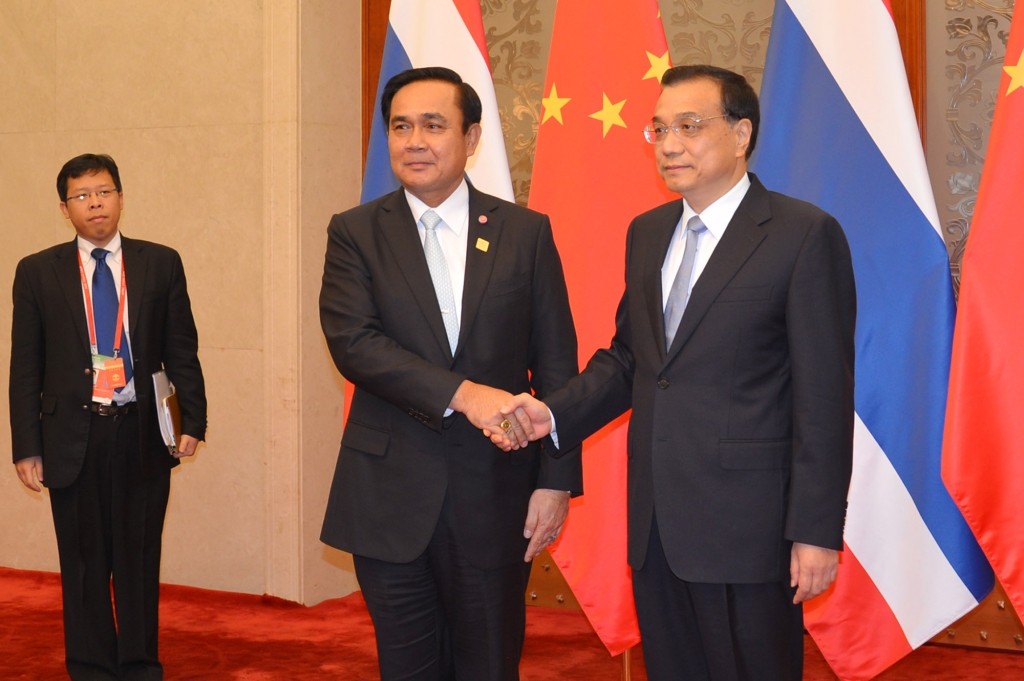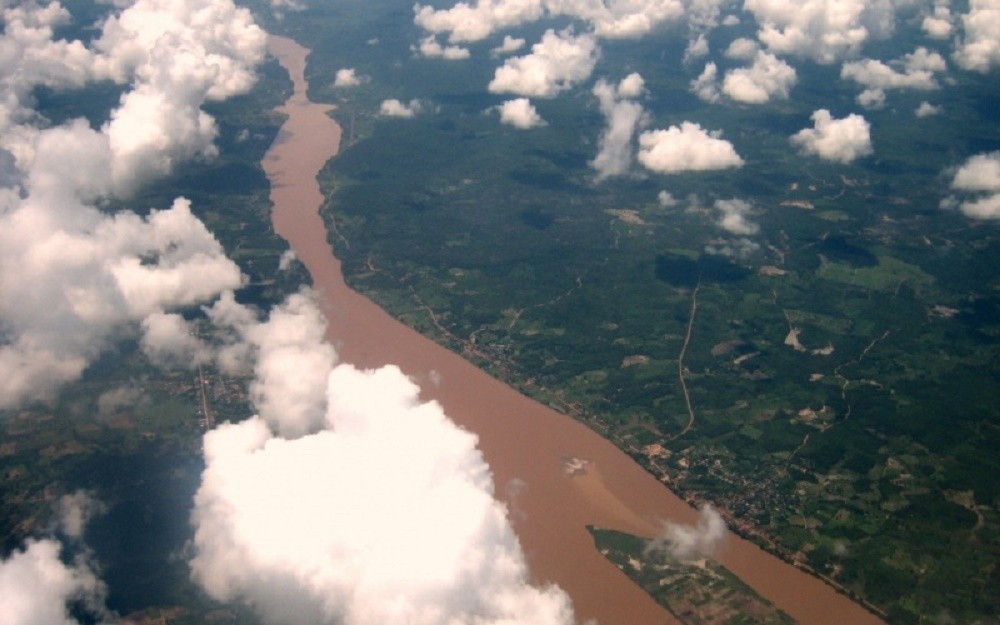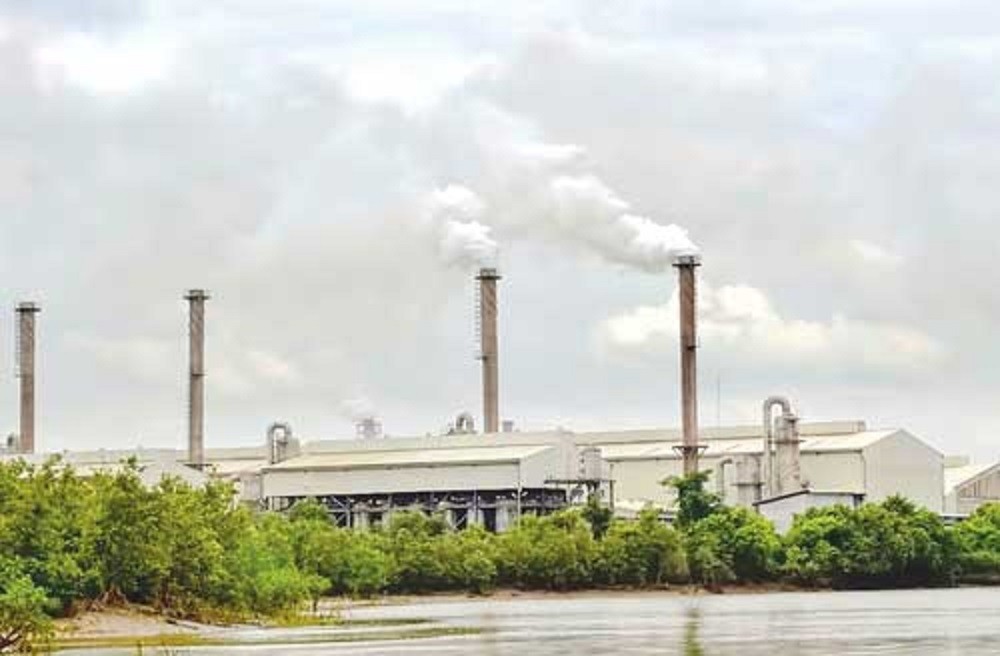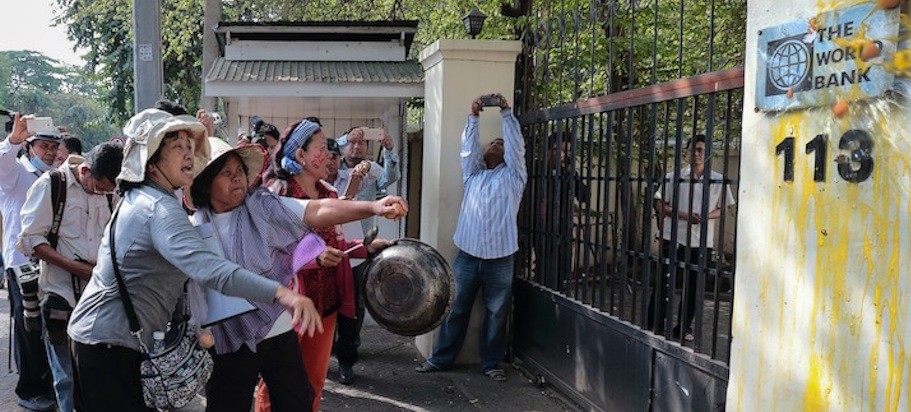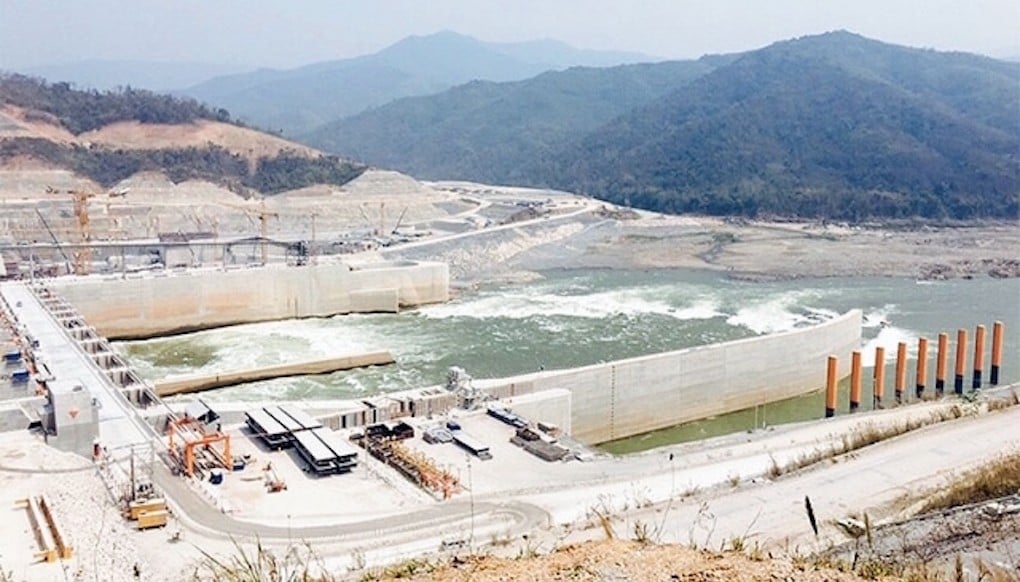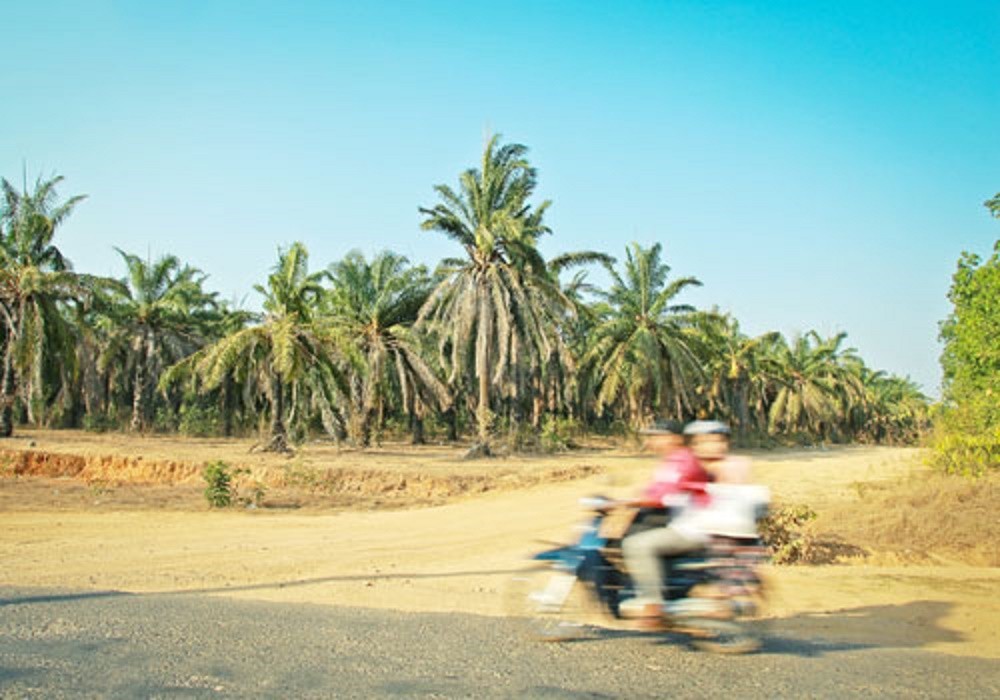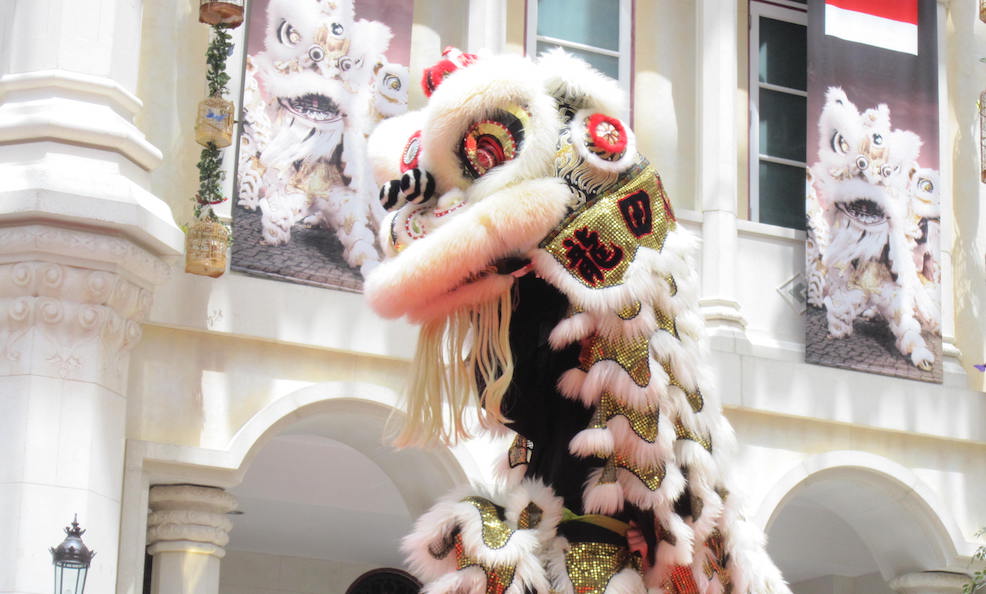Lam Sun Due to high cost and American and European anti-dumping tariff, the business of China solar panel manufacturers was gloomy in past 2 years. During this depression, the renewable energy markets in newly emerging Asian countries became the substitute of China manufacturers. Thai Rayong Industrial Park, 140 kilometers from Bangkok, Thailand, has become the […]
Tag: investment
Why the Mekong River is Asia’s next big investment locale
Japan recently announced a three-year, $7 billion investment deal to improve the infrastructure of the lower Mekong River region. This deal is a move to offset China’s growing economic influence within the region. Furthermore, because of geopolitical reasons, it will be beneficial to Japanese investors who may be dissuaded from other regions, such as Russia.
Loose management of FDI blamed for environmental disasters
The mass fish deaths in the central provinces in April were believed to be caused by untreated waste water from Taiwanese Formosa’s plant have once again raised public anger.
Eight years ago, the public was stunned by the discovery that Vedan, also a foreign invested enterprise, discharged untreated waste water, turning the Thi Vai River in Dong Nai province into a dead river. The polluter then had to pay VND119 billion in compensation for the damages it caused to aquaculture.
Managing investment through a poverty and environment lens
Laos’ management of foreign investments in extractive industries has improved since 2009, helping to ensure benefits are spread to communities and decrease environmental impacts.
World Bank to re-engage after five-year absence
The World Bank has approved $130 million in developmental aid aimed at reducing poverty in Cambodia, signalling its first direct re-engagement with the Kingdom since it left in protest in 2011 after one of the largest forceful evictions led by the government displaced more than 3,000 families.
The decision came last week when the World Bank’s executive directors voted on a new Country Engagement Note (CEN) that approved financing of four projects including infrastructure development, clean-water projects, agriculture production and access to health care.
Mekong Investment Underscores Japan’s Economic Clout in Southeast Asia
Earlier this month, Japan announced a three-year, $7 billion investment deal with the countries of the lower Mekong River to boost development and improve infrastructure. In an email interview, Phuong Nguyen, an associate fellow with the Southeast Asia program at the Center for Strategic and International Studies, discussed Japan’s relations in Southeast Asia.
CK gets B19bn environmental contract for Xayaburi dam
SET-listed Thai construction firm Ch. Karnchang Plc (CK) has secured an additional 19-billion-baht construction contract to optimise the environmental performance of the Xayaburi hydroelectric power plant in Laos.
Company president Supamas Trivisvavet said the additional construction aimed to fulfill requests by the Mekong River Commission to create an earthquake-resistant structure, navigation log, fish passageway and sediment flushing system.
China-led AIIB Looks Toward Co-Financing Projects, At Least Initially
Early last year, when the United States’ Western European allies began eagerly signing up for China’s nascent Asian Infrastructure Investment Bank (AIIB) as founding members, it seemed as if Washington was confident that the AIIB would emerge as a poorly governed tool of Chinese geoeconomic statecraft, beholden to lower standards than the World Bank and the Asian Development Bank (ADB), the highly experienced international development banks. At the core of these concerns was a perception that the AIIB would be supplementary instead of complementary to existing development banks–both in terms of its governance and the projects it selected.
A year and a few weeks ago, the AIIB’s 57 founding members finalized its charter; in the final days of 2015, the members ratified the bank’s Articles of Agreement. Finally, early in the new year, the AIIB opened its doors for business. Now, just over three months into its operations, the AIIB has decided on its first projects. As I’d briefly discussed in April, the AIIB’s first projects have demonstrated that concerns a year ago in Washington and Tokyo may have been overstated. For now, the bank appears to be pursuing a modest and complementary approach in selecting its projects.
Dawei locals launch campaign against Chinese oil refinery plans
This quiet stretch of coast just south of Dawei is today used mostly for swimming and fishing by local villagers or the occasional tourist (see related story).
But the northern area of the bay is set to become part of a Chinese plan to build Myanmar’s largest oil refinery – which controversially received approval in the final days of former president U Thein Sein’s administration.
China’s rise takes centre stage at ADB annual meeting
China’s growing economic influence through the One Belt, One Road initiative and the newly operational Asian Infrastructure Investment Bank were key topics of discussion at the Asian Development Bank’s annual conference in Frankfurt this week.
The Chinese-led AIIB has 57 founding members with others expected to join. The One Belt, One Road (OBOR) project aims to strengthen infrastructure on the land and sea routes from China through Central Asia and Southeast Asia respectively – incorporating some 60 separate states.
Both initiatives affect Myanmar, as a member country of the AIIB and as a host to Chinese OBOR infrastructure projects – including a recently approved US$3 billion refinery near the southern city of Dawei.


